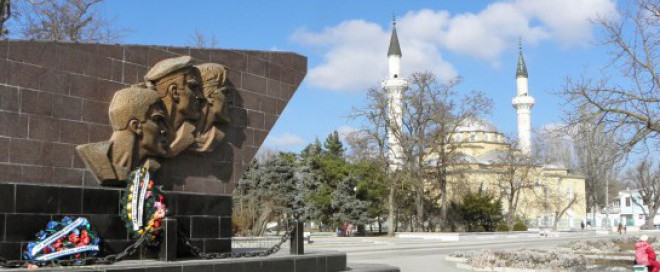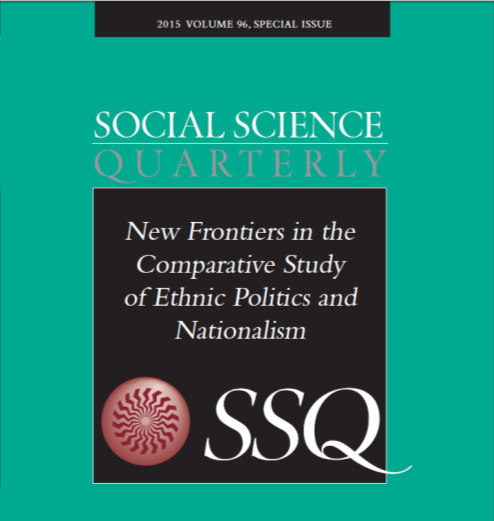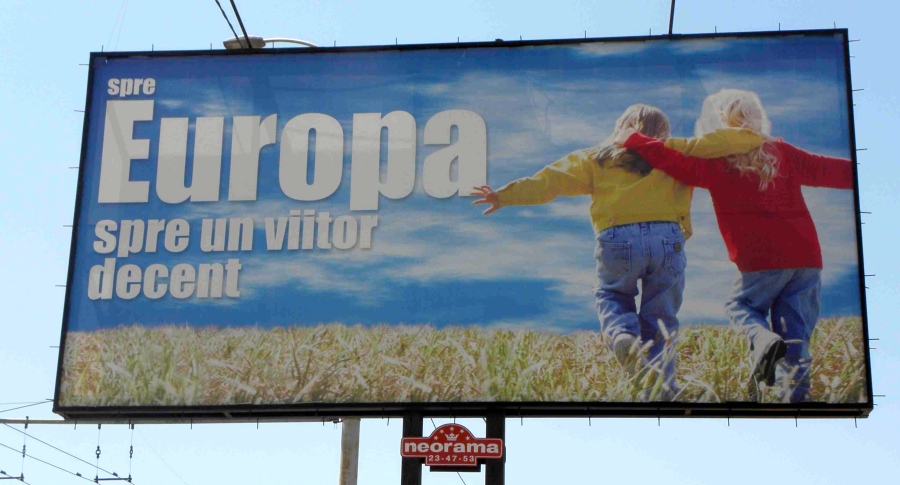
Ірина, 17 років, абітурієнтка.
Я ніколи не забуду того, як поїхала з Криму. Хоча для мене цей вчинок не є чимось великим, але я розумію, що саме від нього залежить моє майбутнє.
Моя мама – з Росії, а тато з Кіровоградщини. Але так сталось, що в сім’ї всі підтримують політику Кремля – на жаль, пропаганда робить своє. Після анексії Криму я довгий час розказувала батькам, що хочу поїхати вчитись до Львова, і намагалась їм пояснити, що нізащо не буду жити в Росії. Мені було важливо навіть не те, щоб вони мене відпустили, а щоб вони мене зрозуміли. Приблизно два місяці я намагалась їм пояснити свою думку, але марно. Мої слова із дзвоном відбивалися від батьків. Навіть коли я наводила беззаперечні факти – чула у відповідь: «Ні, такого не може бути»; аргументи розбивались об залізобетонну стіну впертого несприйняття.
Крім того, ми сварились ще й з іншої причини. Батьки переконували: «Ти повинна…



